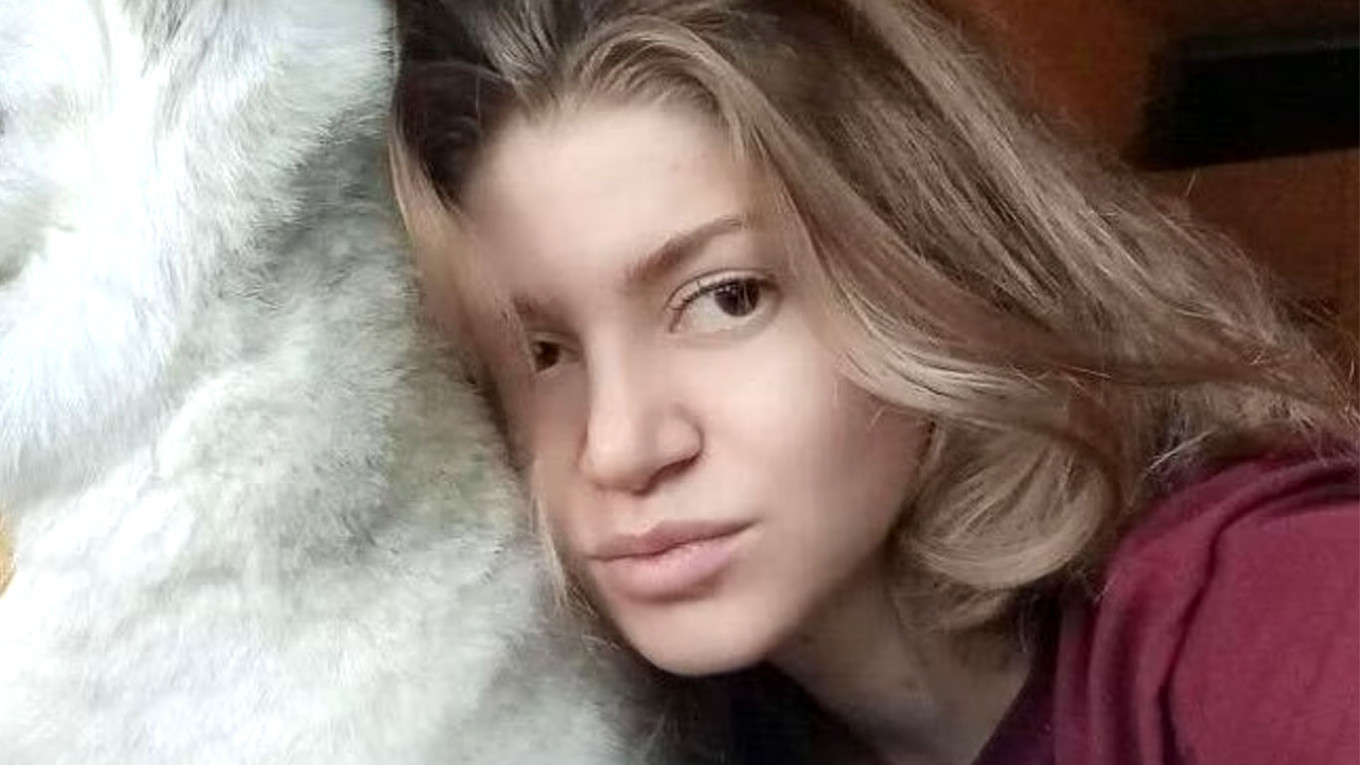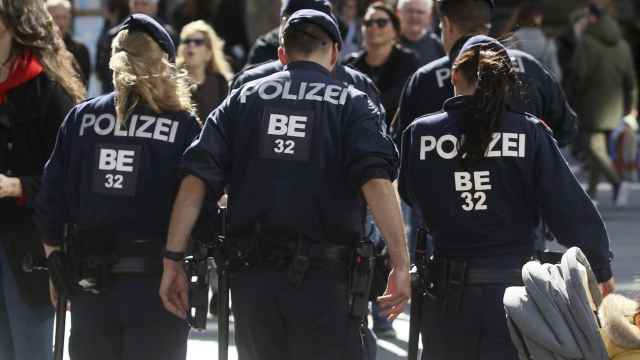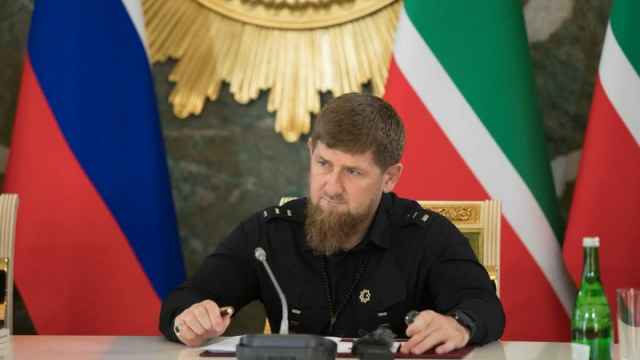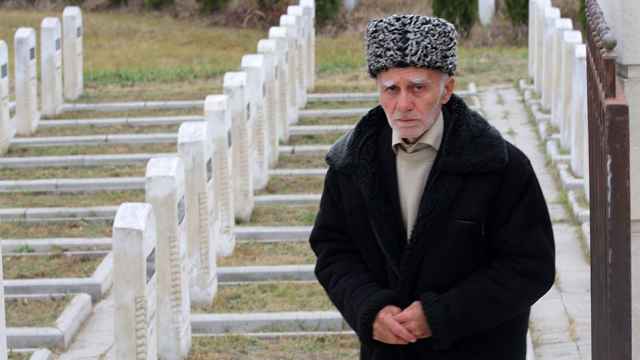“She was a regular girl, just like me or anyone else,” Elena Patyaeva said of her close friend, Seda Suleimanova.
The two met in St. Petersburg, where Suleimanova, 26, had fled to after relatives in her home republic of Chechnya threatened to kill her for refusing an arranged marriage.
On Wednesday, human rights group NC SOS announced that Suleimanova may have been killed in a so-called “honor killing” — a practice in which a young woman is murdered by a relative, usually a man, for bringing dishonor or shame upon her family.
“She loved finding new albums to listen to, to drive with me to the countryside, to draw. She was even planning to make drawing her job — to become a graphic designer — and was searching for courses,” Patyaeva told The Moscow Times of her friend.
“She was relaxed … we weren’t discussing Chechnya or her old life, we were talking about our feelings, the future, about things friends usually talk about,” Patyaeva said.
In late August 2023, Suleimanova was abducted from her apartment in St. Petersburg by a group of Russian police officers and unidentified Chechen men.
She has not been heard from in the over 150 days since she was taken to the Chechen capital of Grozny and handed over to her relatives.
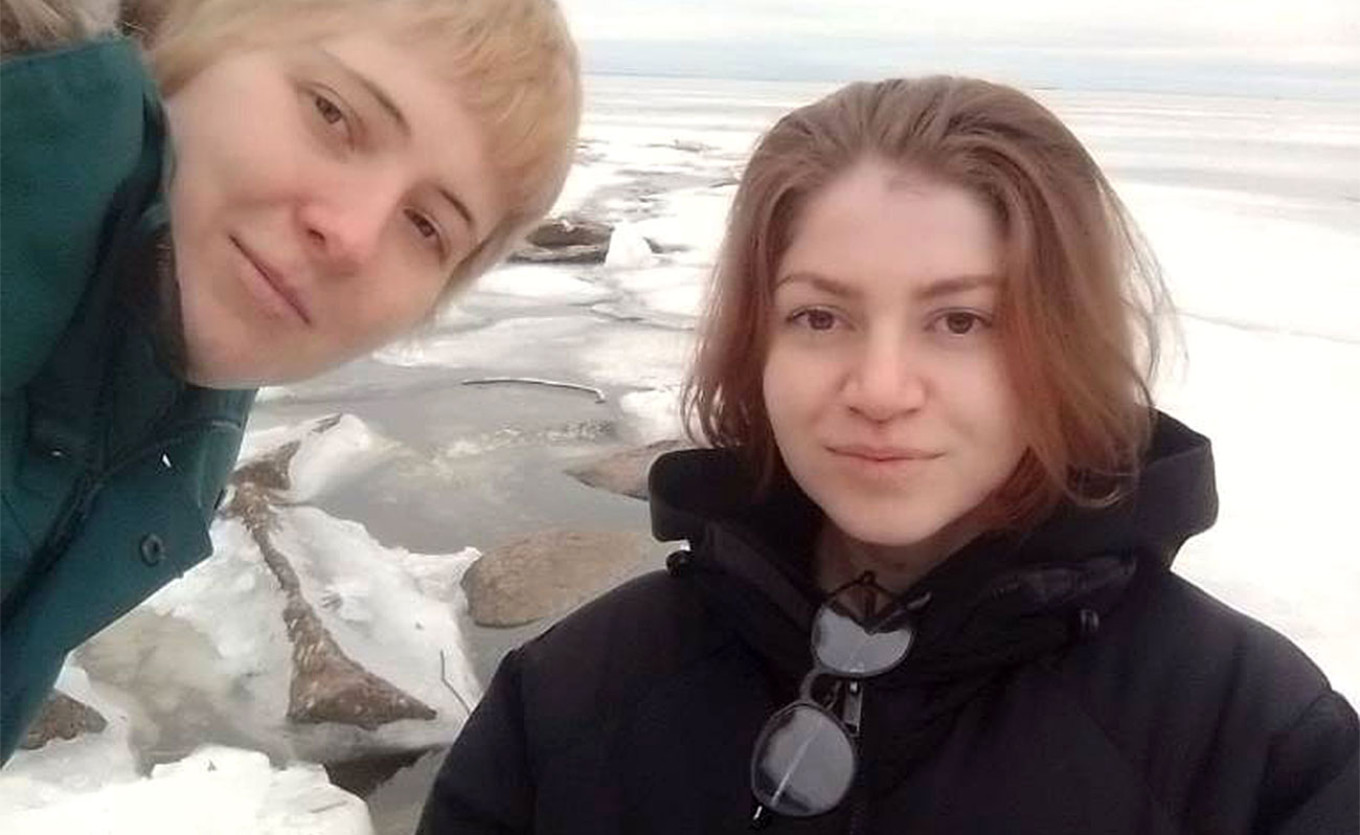
“We have reason to believe that Seda Suleimanova might have been murdered,” NC SOS spokesperson Alexandra Miroshnikova told The Moscow Times.
“Several independent sources, which we cannot make public for safety reasons, told us that Suleimanova became the victim of an ‘honor killing’.”
Honor killings are widespread throughout the majority Muslim regions of Russia’s North Caucasus, especially in Chechnya, Miroshnikova said. It is impossible to know how many women are killed this way due to the high level of secrecy that surrounds it.
An abusive home
At home, Suleimanova’s mother regularly ransacked her daughter’s personal belongings, monitored her phone and forbade her from having a personal life after work.
She contacted NC SOS when she first sought to escape her abusive home environment in 2022, and when her cousin attempted to kidnap her soon after she arrived in St. Petersburg.
“When Seda contacted us for the first time, she told us that her family had repeatedly threatened to kill her. And now, with several independent statements, we believe the murder might have happened,” Miroshnikova said.
On the same day it announced Suleimanova may have been killed, NC SOS sent a letter to Russia’s Investigative Committee demanding to open an investigation.
“The current legal situation in Russia doesn’t give us a lot of hope, to be honest,” Miroshnikova said. “We’ve had no luck when reaching out to the Investigative Committee. They believe she went back to Chechnya voluntarily, which is absurd.”
Miroshnikova said NC SOS now plans to “bombard” the Investigative Committee and Russian human rights commissioner Tatiana Moskalkova with requests.
Just before the news about Suleimanova’s possible murder came out, her friend Patyaeva staged a solo protest in front of the St. Petersburg Prosecutor's Office. She was detained almost immediately after she unrolled a poster that read: “Where is Seda Suleimanova? Nobody has seen her for 150 days.”
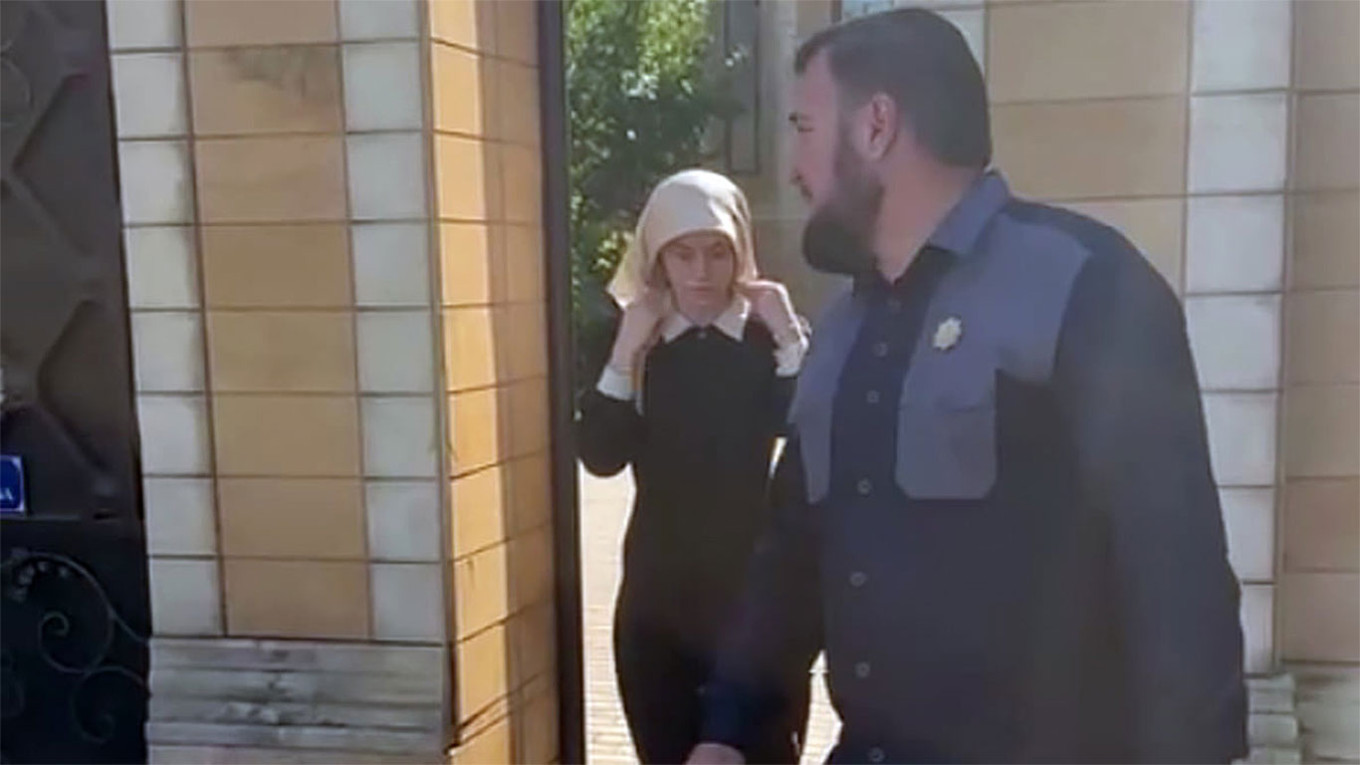
It was only after being released from detention that she heard the news that her best friend may have been killed.
“I was shocked by the announcement. I am really worried about Seda and what might have happened to her,” Patyaeva said. “But I believe NC SOS is doing all the right things. They are right to pressure the government. We need to find out at least something.”
'Climate of impunity'
While honor killings are common in the North Caucasus, they are difficult to uncover, said Tanya Lokshina, associate director of Human Rights Watch’s Europe and Central Asia division.
In a recent example, the Chechen Prosecutor’s Office launched an inquest into the killing of 23-year-old Nadina Umaeva, but the procedure was interrupted when Chechen leader Ramzan Kadyrov got involved.
Kadyrov publicly humiliated Umaeva’s mother for “telling lies” and exhuming the body — which Islamic law forbids — and made her apologize on live TV.
“If it’s about domestic violence, or, God forbid, honor killings, the information stays hidden,” Lokshina said.
“In public meetings, Ramzan Kadyrov has repeatedly condemned honor killings. But he also claims that if a woman misbehaves, what else are her husband and brothers supposed to do?”
“He said repeatedly that this is the kind of behavior he approves of because there is no other choice and this is the tradition,” the human rights expert said, adding: “It creates and perpetuates the climate of impunity and encourages honor killings.”
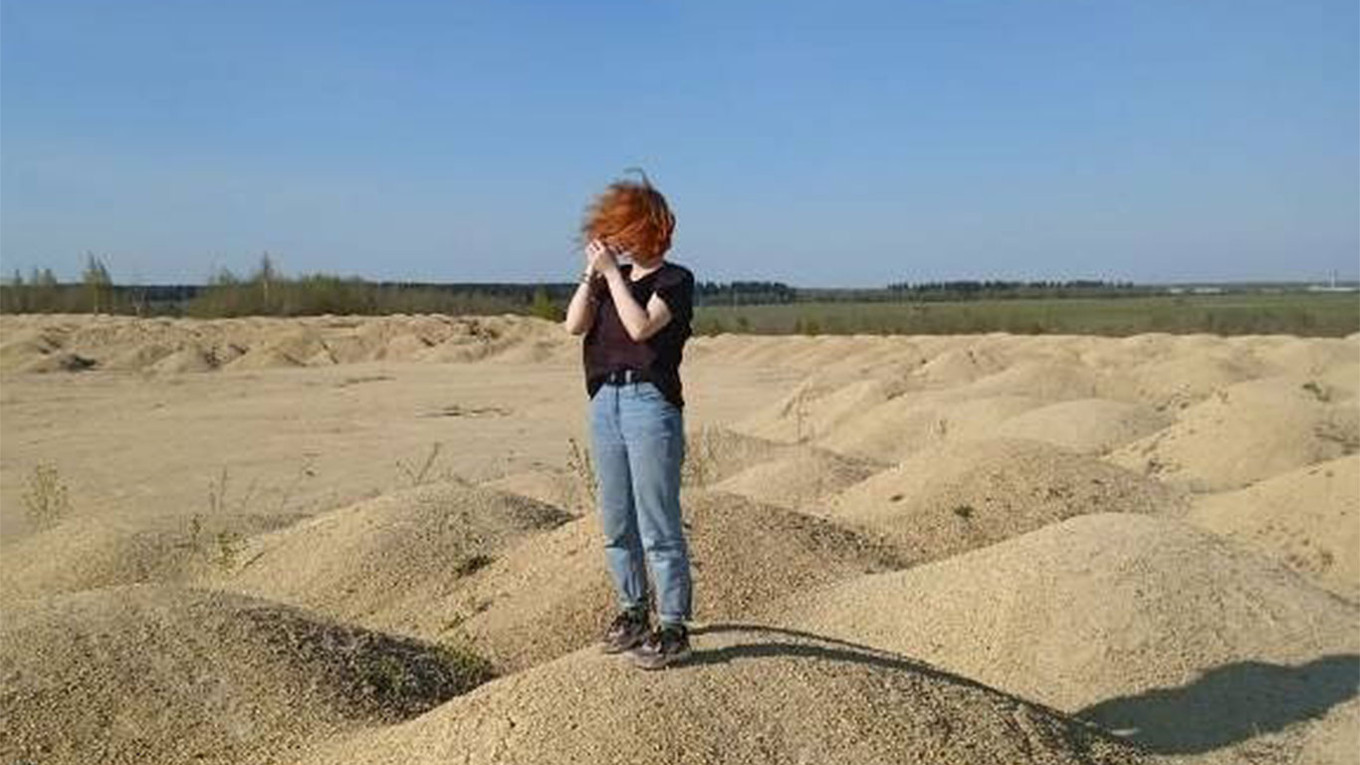
Lokshina said drawing as much publicity to Suleimanova’s case as possible would be the best way to help rights campaigners find out her fate.
“When there is a lot of outcry, the family and the Chechen authorities are sometimes compelled to show the woman in yet another video,” Lokshina explained, referring to the common practice in Chechnya of publishing apology and confession videos.
“To have the woman sit in front of the camera, smile, and say everything is okay and that she is very happy to be with her family.”
A fragile hope
If Suleimanova is still alive, drawing public attention to her case could also protect her from falling victim to an honor killing.
“There is a possibility Seda is still alive,” NC SOS spokesperson Miroshnikova said. “We’re in touch with several unconnected sources, so we have serious concerns [about the evidence of her death]. However, we don’t have direct proof [that she is alive] yet.”
“So as long as we have hope, we will fight to help Seda Suleimanova,” Miroshnikova said.
Patyaeva told The Moscow Times that she still has not given up hope that her friend is alive.
“I can only hope that justice will be achieved for Seda, and this hope is fragile,” she said.
“Now I can only try to help figure out whether she is alive, and keep believing that one day I will see her again.”
A Message from The Moscow Times:
Dear readers,
We are facing unprecedented challenges. Russia's Prosecutor General's Office has designated The Moscow Times as an "undesirable" organization, criminalizing our work and putting our staff at risk of prosecution. This follows our earlier unjust labeling as a "foreign agent."
These actions are direct attempts to silence independent journalism in Russia. The authorities claim our work "discredits the decisions of the Russian leadership." We see things differently: we strive to provide accurate, unbiased reporting on Russia.
We, the journalists of The Moscow Times, refuse to be silenced. But to continue our work, we need your help.
Your support, no matter how small, makes a world of difference. If you can, please support us monthly starting from just $2. It's quick to set up, and every contribution makes a significant impact.
By supporting The Moscow Times, you're defending open, independent journalism in the face of repression. Thank you for standing with us.
Remind me later.


